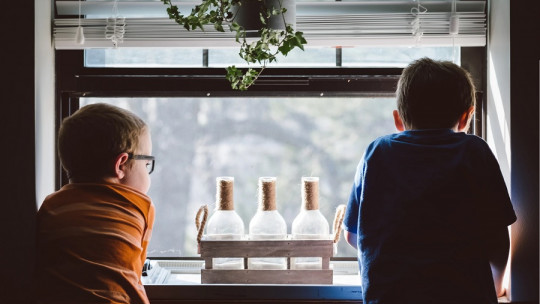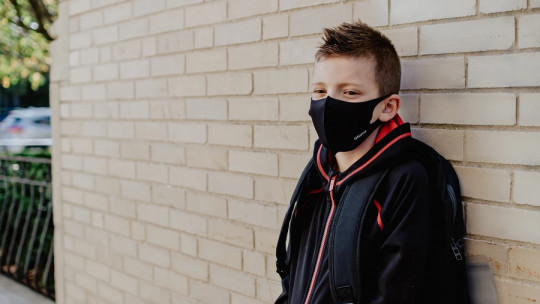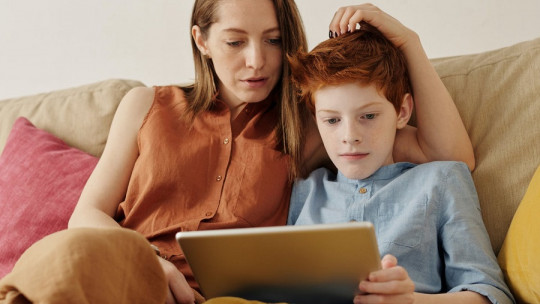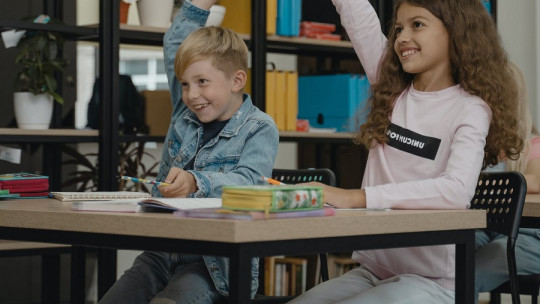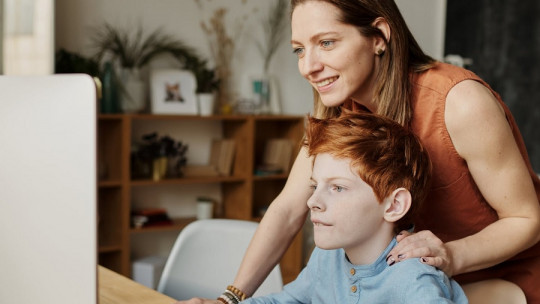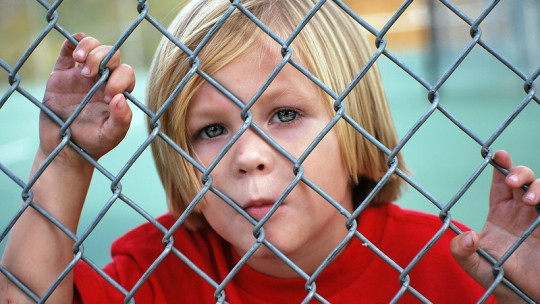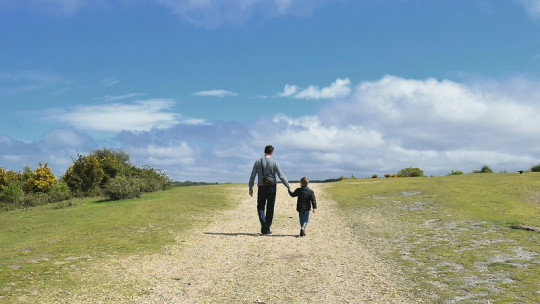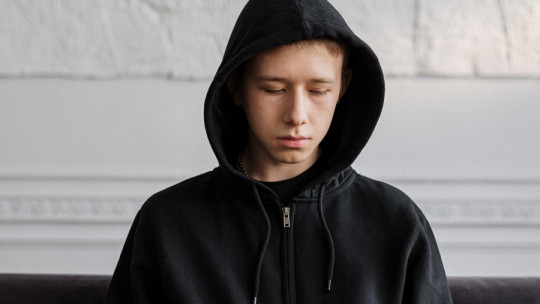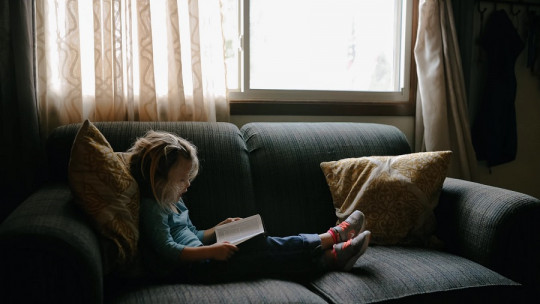
For many families, the health and economic consequences of the pandemic generated by the coronavirus are only part of the problem that they must know how to deal with on a daily basis.
Having to spend many days in a row in a situation in which small children can barely go outdoors is also hard for parents who are already very stressed during these days.
Therefore, here We will see some useful tips to know how to live in the best possible way with your sons and daughters during the confinement caused by the COVID-19 outbreak.
Living better with your children during confinement: what to do?
Follow these guidelines to improve coexistence with your children at home.
1. Set schedules
It is very important to help ensure that the children’s daily lives are structured. The fact of practically not leaving the house makes it easier to lose track of time and feeds the predisposition to waste a lot of time looking at a screen, for example, while other important aspects of life are neglected.
So, agree with your children what the structure of the schedule they will follow should be; Don’t limit yourself to imposing it unilaterally, try to get them involved in its creation so that it is something more meaningful for them. Once “designed”, hang it in a place in the house that is very visible to the little ones.
2. Create a space for free expression of emotions
The family context cannot be a pressure cooker in which it is necessary to repress what we feel so as not to bother others. Therefore, on a regular basis, create situations in which children can express their worries, doubts, concerns, etc. Of course, if they don’t have anything to say, don’t insist; This should not be like an interrogation.
Try to be as spontaneous as possible when talking to the little ones. AND If at any time someone seems especially distressed, anxious, and generally emotionally vulnerable, don’t overlook it ; Give it the attention it deserves and try to help in the moment. Pretending that nothing is happening to try to prevent panic would be a mistake.
3. Make sure that the rules of coexistence are clear
Avoid at all costs trying to implement very complex rules of coexistence with several exceptions: it should not cost anything to memorize them. Think that the coronavirus crisis is already stressful enough for your sons or daughters so that you also expect them to always be alert in case they are breaking rules without knowing it.
4. If you have several children, promote leadership roles
Fathers and mothers have a very important role when it comes to giving affection, providing sustenance and making it possible for children to learn; However, there is something that adults can hardly achieve: being their true behavioral references in regards to “what is cool” and what is not.
That is why, if possible, we must take advantage of the possibility that the older siblings help raise and educate the younger siblings: if they are not many years apart, they have more experience and maturational development than the younger ones in the family. home, but not enough for their ways of seeing life to be totally disconnected. A boy or girl will almost always try to look like other young people who are a little older than him.
So that, In times of confinement, it doesn’t hurt for older siblings to lend a hand: This way they will lighten your workload as a father or mother, and at the same time they will learn to adopt new responsibilities.
5. Lead by example
None of the above will be of much use if in your daily life your behavior shows that the rules of coexistence and the new habits that you intend to establish to better manage confinement do not have much value for you. Thus, It shows that you take these measures seriously both when putting them into practice and when applying them to yourself to you.
6. Try Mindfulness
Mindfulness is a set of practices inspired by Vipassana meditation and that have proven to be effective in keeping negative emotions linked to anxiety and low mood at bay. Besides, As they are very simple to perform, even a child can learn basic Mindfulness exercises
7. If necessary, turn to professionals

During the weeks of confinement at home due to the pandemic, psychologists continue working thanks to online therapy services, via video call.
If you are looking for professional support to better manage living with your children or help them manage their emotions well, you can contact us. In PsychoTools We carry out child and adolescent therapy and we are also experts in Mindfulness. To see our contact information, go to this page.

